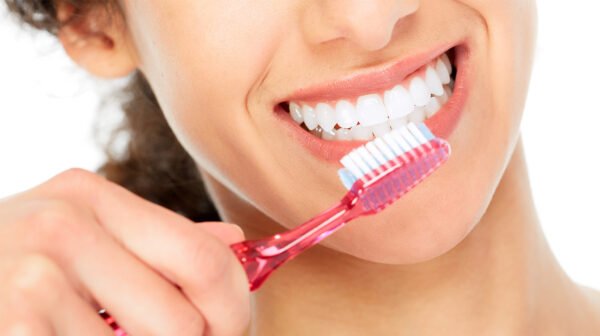More and more people are pay attention to oral health. Because they are beginning to realize the oral health is related to physical health.
Most people’s oral are not health in our country .
Data show that the current average number of decayed teeth in 12-year-old children in my country is 0.86.
80%-97% of adults in our country have different degrees of periodontitis. Among the 35-44-year-old population, the proportion of gum bleeding is as high as 77.3%.
Why do I still have oral problems when I brush my teeth?
You brush your teeth not only to maintian a fresh breath ,but also to to keep oral health.
Because we chew with our teeth every day , it is inevitable that some food residue stays between the teeth. If it is not cleaned up in time, it will ferment and corrode the teeth, causing gingivitis, dental caries and other oral diseases.
Most people brush their teeth , but some people do not understand the connection between toothpaste and brushing.
Does the toothpaste get wet when brushing your teeth?
The purpose of brushing is to clean. Some people think that getting some water before brushing can produce more foam, thereby assisting in cleaning.
You must know that the foam will be richer when toothpaste is dipped in water, and water is needed for toothpaste to dissolve and foam in the mouth.
For some anti-allergic or whitening toothpastes, it is not suitable for water
Many people buy toothpastes that contain anti-allergic ingredients that have professional repairing effects. If they are exposed to water, these ingredients may dissolve in water and will not have a better effect.
So, it is the more correct operation to avoid water when brushing your teeth.
Besides to not sticking to water, you should also pay attention to these misunderstandings when brushing your teeth
First, how to brush your teeth
We brush our teeth every morning and night, but are we burshing our teeth the right way? Do we brush our teeth long enough? If you brushing incorrect,or brushing teeth too hard will damage the gums.
The correct method is to tilt the toothbrush 45 degrees, place it between the teeth and the gums, rub it down, and then turn the brush screen of the toothbrush to brush the surface of the teeth.
Second, improper use of fluoride toothpaste
In recent years, everyone has paid great attention to oral health.
To maintain oral health, many people must first think of using fluoride toothpaste.
Fluoride toothpaste can clean teeth,but the effect not obvious.
By some studies,fluoride toothpaste has very little effect on preventing dental caries. And excessive intake can cause spots, which is dental fluorosis.
Of course, using fluoride toothpaste to brush your teeth will not cause excessive intake of fluoride.
According to the latest guidelines of the American Academy of Pediatrics, as long as the baby has the first teeth, fluoride toothpaste should be used.
Third, Squeeze too much toothpaste
Some people think that squeezing too much toothpaste to brush, can clean the teeth more clean, but in fact, this is not correct.
Because toothpaste has a chemical substance called sodium lauryl sulfate, if use it too much and remains in the mouth, it is easy to cause oral ulcers.
The abrasive ingredients in the toothpaste can also damage the gums, so a bean-sized toothpaste squeezed out when brushing your teeth is completely enough.
Mouthwash is not a substitute for brushing your teeth
To save trouble, some people often choose mouthwash instead of brushing their teeth.
But in fact, mouthwash can wash away part of the food soft and dirt, and produce a certain antibacterial effect, improve bad breath. But mouthwash can not remove dental plaque, nor can it inhibit the growth of periodontal pathogens.
So, even if you use mouthwash every day, you must brush your teeth .
One more thing, you have time to play with your mobile phone, can’t you squeeze a few minutes to brush your teeth?

